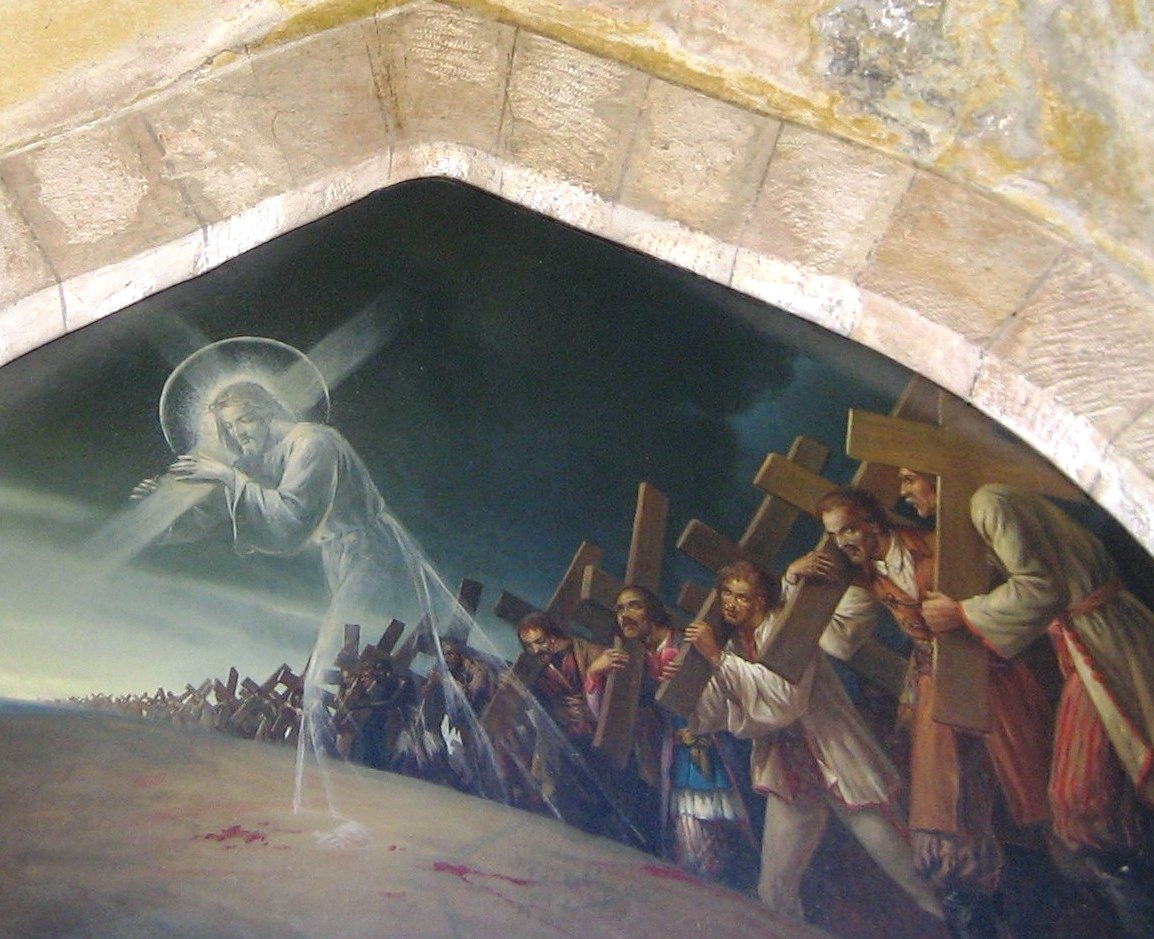
It is these who follow the Lamb wherever he goes. These have been redeemed from mankind as firstfruits for God and the Lamb,
Rev. 14:4
Discipleship means to walk with Jesus where he walks, go with him wherever he goes, study the words that he says, obey the instructions he gives, imitating his life as he lived it–even if it means certain death. Discipleship requires that Jesus be given primary allegiance: full and wholehearted devotion with special focus on obedience to his commands and purposes (Matt. 16:24-26). Discipleship is a result and consequence of a genuine and living faith in Jesus’ sinless life, his shed blood, and glorious resurrection.
Discipleship means adherence to Christ, and, because Christ is the object of that adherence, it must take the form of discipleship.
An abstract Christology, a doctrinal system, a general religious knowledge on the subject of grace or on the forgiveness of sins, render discipleship superfluous, and in fact they positively exclude any idea of discipleship whatever, and are essentially inimical to the whole conception of following Christ.
With an abstract idea it is possible to enter into a relation of formal knowledge, to become enthusiastic about it, and perhaps even to put it into practice; but it can never be followed in personal obedience.
Christianity without the living Christ is inevitably Christianity without discipleship, and Christianity without discipleship is always Christianity without Christ.
Dietrich Bonhoeffer, The Cost of Discipleship (New York: Touchstone, 1995), 59 [paragraphing added].
HT: Desiring God



